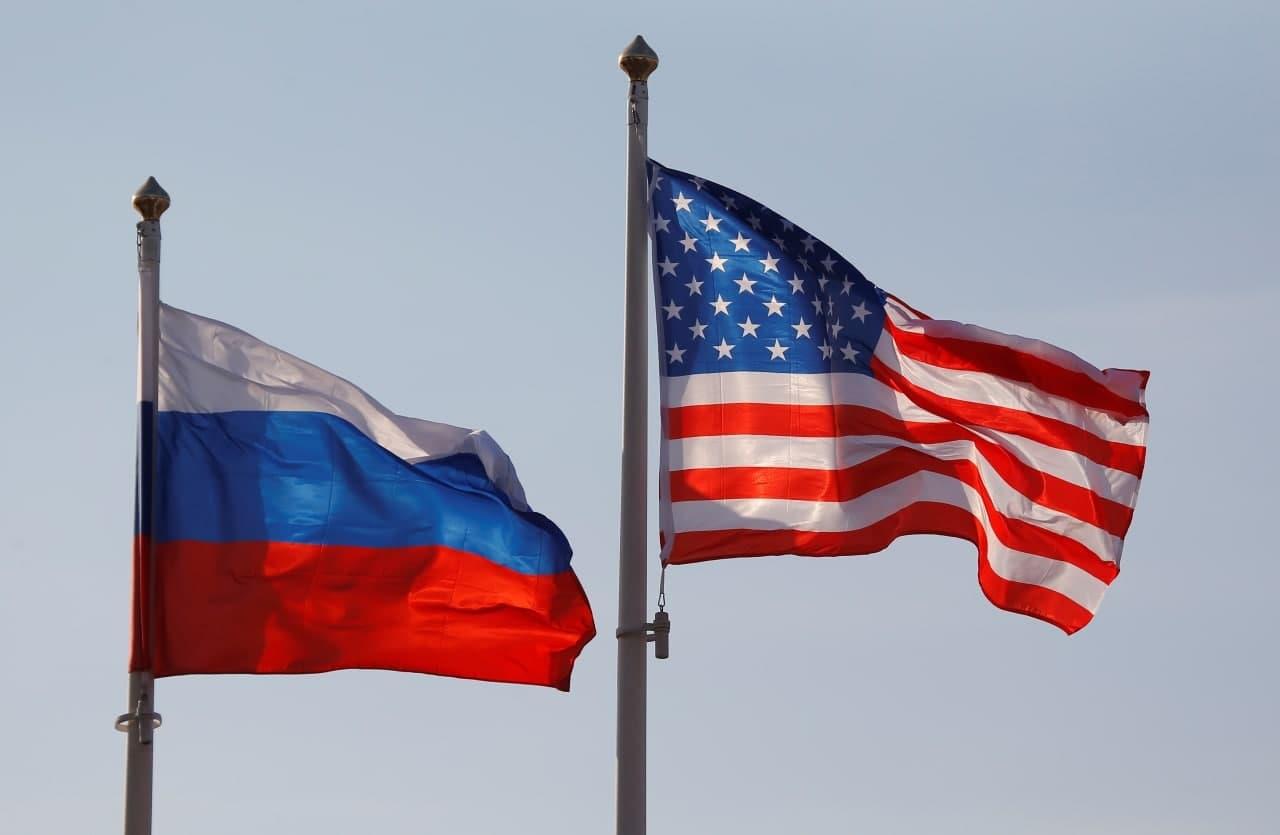WASHINGTON, April 15 (Reuters) - The United States on Thursday imposed a broad array of sanctions on Russia, including curbs to its sovereign debt market, to punish it for interfering in last year’s U.S. election, cyber hacking, bullying Ukraine and other alleged malign actions.
The U.S. government blacklisted Russian companies, expelled Russian diplomats and barred U.S. banks from buying sovereign bonds from Russia's central bank, national wealth fund and Finance Ministry. The United States warned Russia that more penalties were possible but said it did not want to escalate.
The Russian Foreign Ministry reacted angrily, summoning the U.S. ambassador for a diplomatic dressing-down to tell him "a series of retaliatory measures will follow soon." A ministry spokeswoman also said a possible summit could be imperiled.
Russia denies meddling in U.S. elections, orchestrating a cyber hack that used U.S. tech company SolarWinds Corp (SWI.N) to penetrate U.S. government networks and using a nerve agent to poison Kremlin critic Alexei Navalny.
U.S. President Joe Biden spoke on Tuesday to Russian President Vladimir Putin to raise concerns about those issues and the buildup of Russian forces in Crimea and along the border with Ukraine, although a top U.S. general saw only a “low-to-medium” risk of a Russian invasion in the next few weeks.
Biden, who also proposed a U.S.-Russian summit, is trying to strike a balance between deterring what Washington sees as hostile Russian behavior, while avoiding a deeper deterioration in U.S.-Russian ties and preserving some room for cooperation.
"My bottom line is this: There is an interest in the United States to work with Russia. We should and we will," Biden said in remarks to the press.
But "when Russia seeks to violate the interests of the United States, we will respond," he said. "I was clear with President Putin that we could have gone further, but I chose not to do so. I chose to be proportionate."
Russia said Washington’s actions contradicted a stated U.S. desire to normalize relations with Moscow. The sanctions are hostile steps that heighten the countries’ confrontation, a Russian Foreign Ministry spokeswoman said.
Among his moves, Biden signed an executive order authorizing the U.S. government to impose sanctions on any area of the Russian economy and used it to restrict Russia’s ability to issue sovereign debt to punish Moscow for interfering in the 2020 U.S. election.
Biden barred U.S. financial institutions from taking part in the primary market for rouble-denominated Russian sovereign bonds from June 14. U.S. banks have been barred from taking part in the primary market for non-rouble sovereign bonds since 2019.
He did not prohibit them, however, from buying such debt in the secondary market, a step likely to have a far more dramatic effect on the Russian bond and currency markets, which fell as news of the sanctions seeped out before recovering some losses.
The Treasury also blacklisted 32 entities and individuals that it said had carried out Russian government-directed attempts to influence the 2020 presidential election and other "acts of disinformation and interference."
